'A perfect mess': Thailand's proposed cannabis crackdown steeped in political games and business owner anger
Thailand’s cannabis buyers might soon need a doctor’s note. But business operators say a draft bill’s clampdown on recreational weed could derail a fast-growing industry and hinder health advancements.
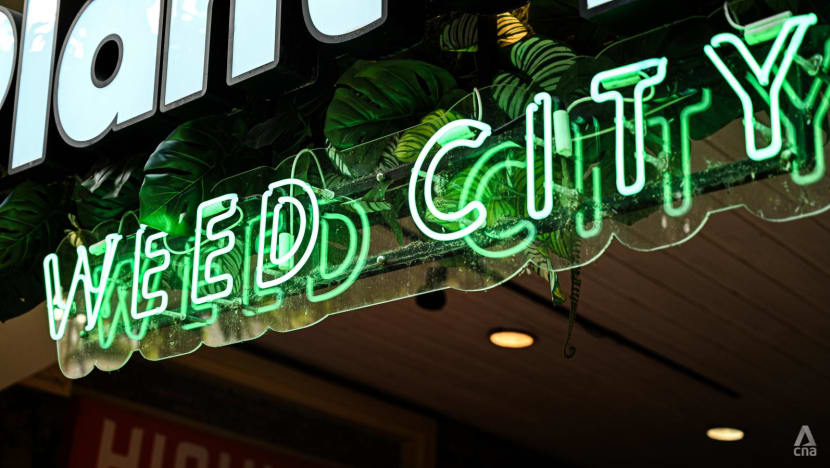
The cannabis industry has flourished in Thailand since laws about the drug's cultivation and sale were changed. (Photo: Jack Board/CNA)

This audio is generated by an AI tool.
BANGKOK: On a weekday afternoon, more and more people start slowly filing into a subterranean plaza off Bangkok’s iconic Khaosan Road - for decades a tourist hub in the Thai capital.
The underground space, formerly home to a supermarket, is lined with small shops and tables and chairs and is cool and breezy. It has to be.
Air filtration systems are required to be installed here to keep the mostly international tourist crowd comfortable, and more pertinently, clear the haze of thick marijuana smoke.
This is Plantopia, also known as Weed City. Multiple stores exclusively sell cannabis and related paraphernalia - and customers can smoke it on the spot.
For nearly two years, Thailand has witnessed the runaway expansion of the cannabis industry. It is estimated that some 20,000 registered dispensaries have opened since 2022, when the country became the first in Southeast Asia to decriminalise the recreational use of marijuana. Its medicinal use was legalised since 2018.
But the days of such unfettered, unrestricted cannabis use in Thailand could be numbered, as the government debates how to place stricter guardrails on the rampant industry.
The country’s health minister is central to a push to ban the recreational use of cannabis by the end of the year. According to Dr Cholnan Srikaew, changes to the law are currently being negotiated before being presented to Cabinet this month.
A Bill is expected to be presented to parliament before the current session ends in October.
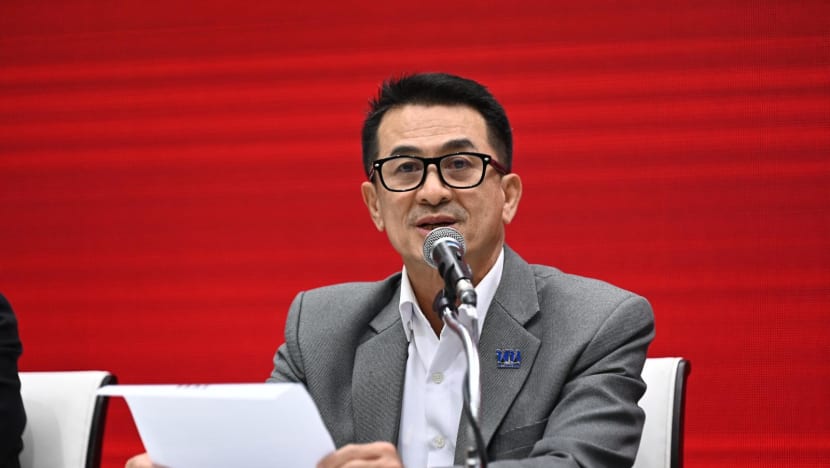
In an interview with Reuters on Feb 29, Dr Cholnan suggested that cannabis would only be allowed for medical purposes and heavy fines would be issued for recreational use or farming without a permit.
"Under the new law, cannabis will be a controlled plant, so growing it would require permission. We will support (cannabis cultivation) for the medical and health industry,” he said.
Some experts support tighter regulations, warning against the blurring of lines between medical and recreational use. But business operators expect the legislation - which is still being hotly contested by different government factions - to cripple small shops and farms, confuse international visitors and stymie genuine health advancements being developed in the medical cannabis field.
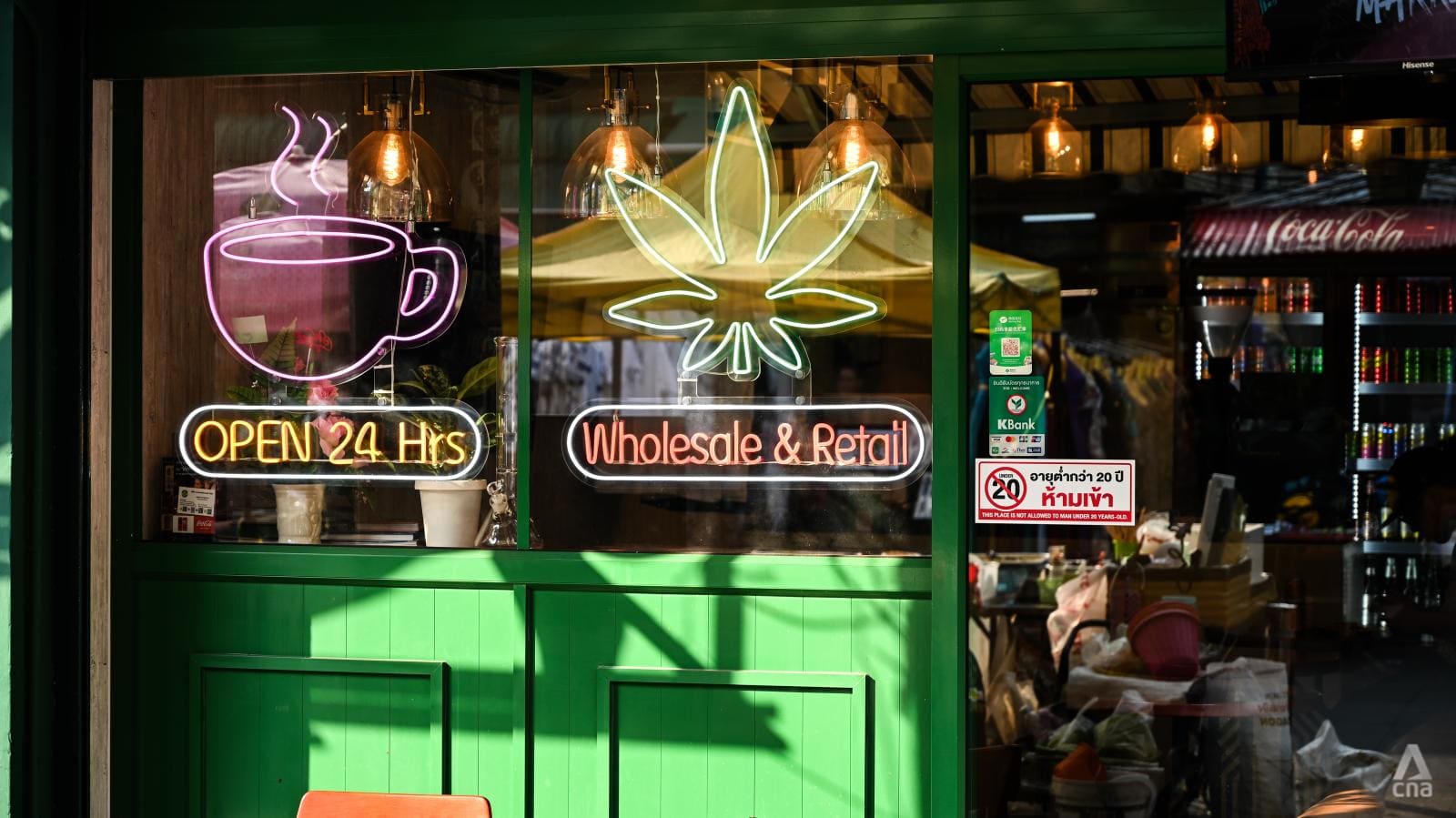
There appears to be clear consensus among cannabis operators that regulations are necessary for the industry to be sustainable and viable.
But they disagree with blanket bans on recreational use and “fake restrictions” such as requiring a medical certificate for purchasing the drug in future.
The draft Bill also includes a fine of up to 60,000 baht (US$1690) for recreational use, while those selling recreational cannabis or participating in the advertisement or marketing of buds, resin, extract or smoking devices face jail terms of up to a year, a fine of up to 100,000 baht, or both.
Those farming cannabis without a licence face tougher jail sentences, ranging from one to three years and fines from 20,000 baht to 300,000 baht.
“It will be a perfect mess,” said Mr Pachara Chayavoraprapa, the chief operations officer of Buddy Group, the operator of Plantopia.
“The current regulation is that there's not really many stringent rules. It's really loose. The best scenario would be, if possible, to draw new parameters, quite strict ones on cannabis.
His idea is to follow a model emulating Amsterdam, where cannabis use has come further out of the shadows and is supported by cultural events and social spaces. He said selling could be limited to certain zones.
“For businesses who have invested a lot to be brought back into the illegal system, I think is a bit unfair,” he said.
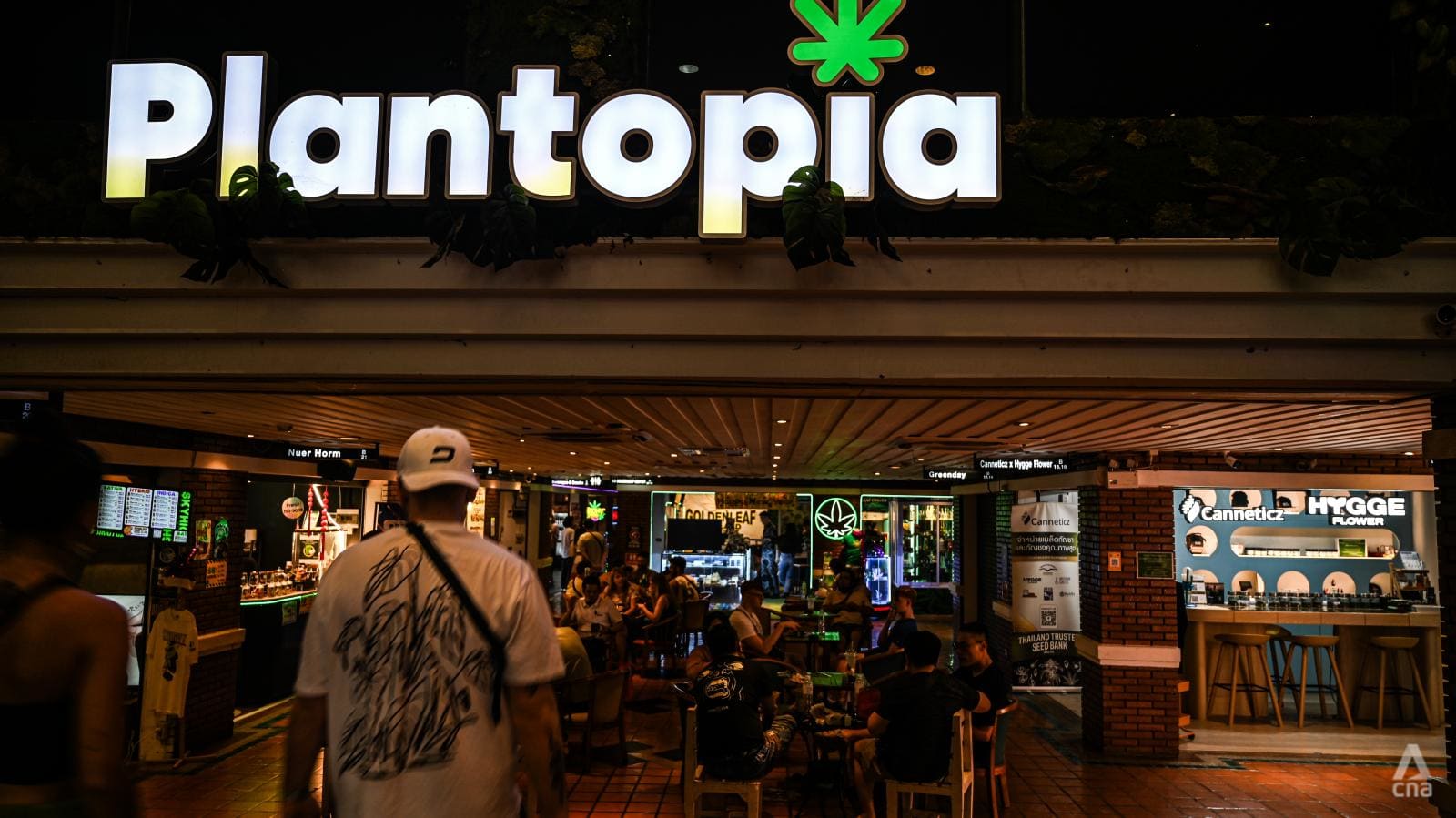
Mr Rattapon Sanrak, the founder of Highland Cafe, has been a leading voice for the cannabis industry for a decade. He opened the first dispensary in the country when the drug was decriminalised.
Since then, he has seen business opportunities expand across the board, a bump in tourism, and creativity spark among young entrepreneurs. International tourism numbers jumped to 11.1 million in 2022, up from 2021 total numbers of around 428,000. As of Feb 18, the country has welcomed 5.2 million visitors in 2024.
Mr Rattapon is pushing hard for the concept of recreational cannabis use within defined boundaries. That could include strong controls on who could purchase the drug to minimise health impacts, especially for youth.
He also supports enforced minimum quality standards for growing and for cannabis sales to be brought within the formal taxation system, so that revenue can flow to the state.
“You need to have a Bill which is focusing on managing everything around cannabis. But what the government is trying to do is tightening too much, which will kill a lot of businesses,” he said.
Mr Rattapon said businesses now - and the other connected industries and supply chains - remain frozen in place, unable to make plans for their future or invest more in cultivation, research, staffing or infrastructure.
“We are all getting stuck in the middle of nowhere. It’s hurting people. It’s not regulated yet and we don't have the future Bill yet. Anything could happen, so that's why I cannot see the future or invest in it either.
“This is going to be a disaster for sure.”
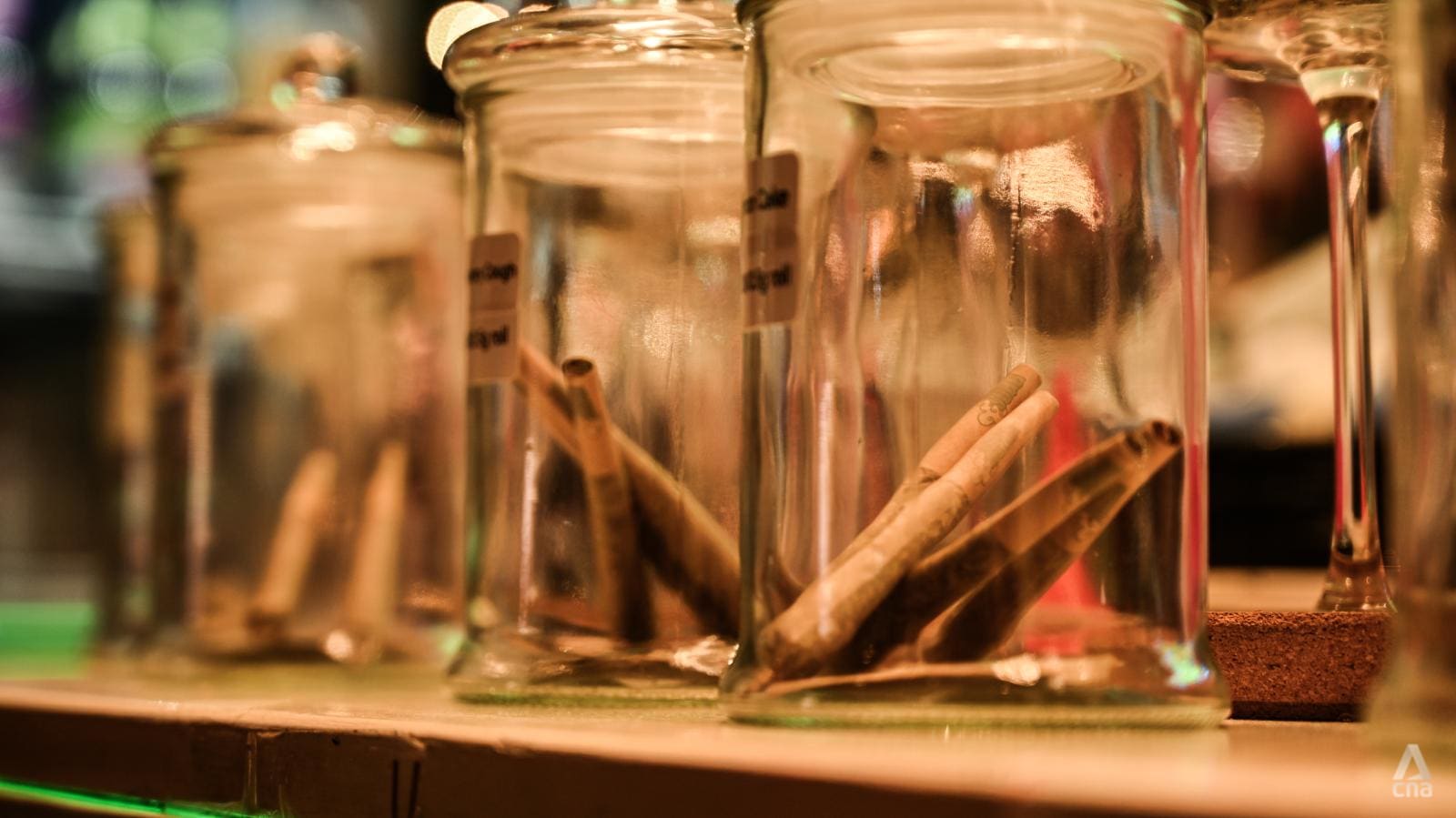
"NEGATIVE EFFECTS ON THE NATION"
For Professor Paisan Limstit, an outspoken critic of the decriminalisation of cannabis, from the Health Laws and Ethics Center at Thammasat University, the uncontrolled sale and consumption of cannabis throughout Thailand simply has to stop.
He believes that removing the drug from the country’s narcotics list has directly led to the rise of health, crime and addiction problems throughout the country and given the tourism industry a bad reputation with limited economic returns.
“It’s had rather negative effects on the nation,” he said.
He estimates that the number of Thai cannabis users has increased tenfold since the law was changed by the previous government, increasing the risks of other types of drug abuse. According to the Centre for Addiction Studies, cannabis users in 2022 reached 11.1 million.
“When removing cannabis off the narcotic drug list, it is just the tip of the iceberg emerging. We cannot see the whole drug use problem thoroughly,” he said.
He says that to limit cannabis use and generate more revenue, promoting medical pharmaceutical products instead of cannabis tourism is the best legislative model.
But a leading player in the medical cannabis industry itself said that blurring the lines between recreational cannabis consumption and medical use of the drug would be a risky strategy.
Mr Noah Levit Ades is the director of cannabis operations at Thonburi Healthcare Group, the country’s first cannabis facility to be built by a hospital for its own use and research.
The focus at his facility is to cultivate high-end medical cannabis for end-of-life care, cancer, and post-traumatic stress disorder, “because there’s proof for it being used and helping in those scenarios”, he explained.
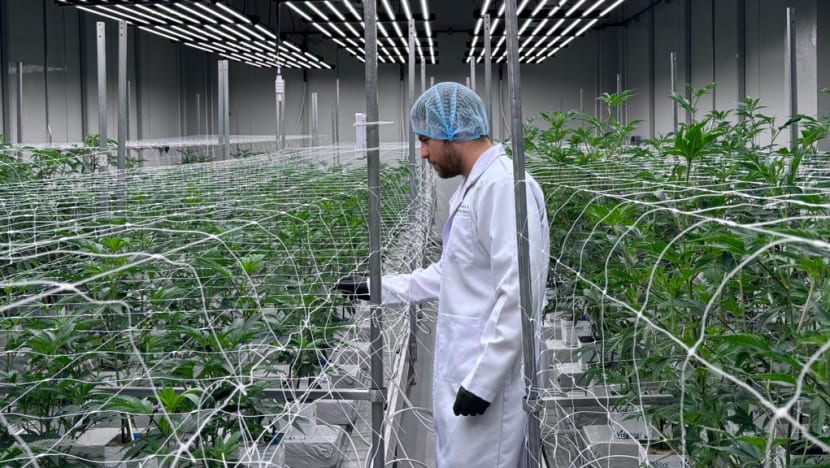
Research groups and human trials are expected in the future as more is understood about how cannabinoids - compounds that contain the active constituents in cannabis - can help the human body. The growing process is indoors, strictly controlled and supplemented by science, a standard that average Thai farming operations could not match.
“The idea of medical cannabis, in my opinion, is a really strong one. But the issue is all those people who claim it's for medical use and it's not,” he said.
“The dangerous part is having something that you call medical, but that you can grow at your house and put in a bag.
“I think throwing it all under the idea of ‘medical’ is a bit rudimentary. That makes no sense. It'll defeat the purpose of what we're trying to do and it will do more damage for those people actually seeking medical care,” he said.
He also urged the government to consider how destabilising the industry could allow the black market for recreational marijuana to thrive once more.
Mr Rattapon agreed that such restrictions would simply send demand - now hugely inflated - back underground.
“First of all, if they don’t allow recreational use of it, people are going to use it anyway. And the businesses are going underground for sure, he said.
“The term ‘medical purpose’ is just covering up recreational use. And doctors in the future will just be selling their recommendations.”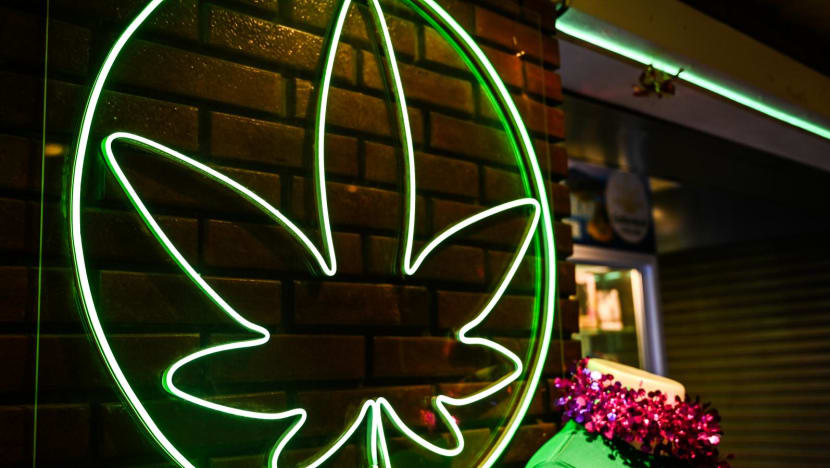
POLITICAL DIVISIONS AND INTERESTS
Prof Paisan is not sure if there is political will within the Pheu Thai party led-government to actually deliver what he believes are effective controls on the drug.
There are natural divisions within the ruling coalition, given the inclusion of the Bhumjaithai Party under the helm of former health minister Anutin Charnvirakul. Mr Anutin was instrumental in fostering the industry’s growth by removing cannabis from his ministry's list of controlled drugs in 2022.
Prof Paisan has examined two versions of the draft Bill currently being considered to be taken to the Thai Cabinet - one stricter version from the Ministry of Health (MOH) and a more lenient edition from Bhumjaithai.
He said neither Bill is clear in returning cannabis back to the narcotics list. And while the MOH version would prohibit the purchase and use of the drug for “entertainment’, how that is defined remains unclear.
The final result could be a deliberately opaque law that delivers some political windfalls for all sides.
“This is going to be up to the political decision by the prime minister which requires quite a lot of courage to fix this matter,” he said.
“Politically speaking, it is up to them whether they will be concerned more about public benefits or their own political benefits.”
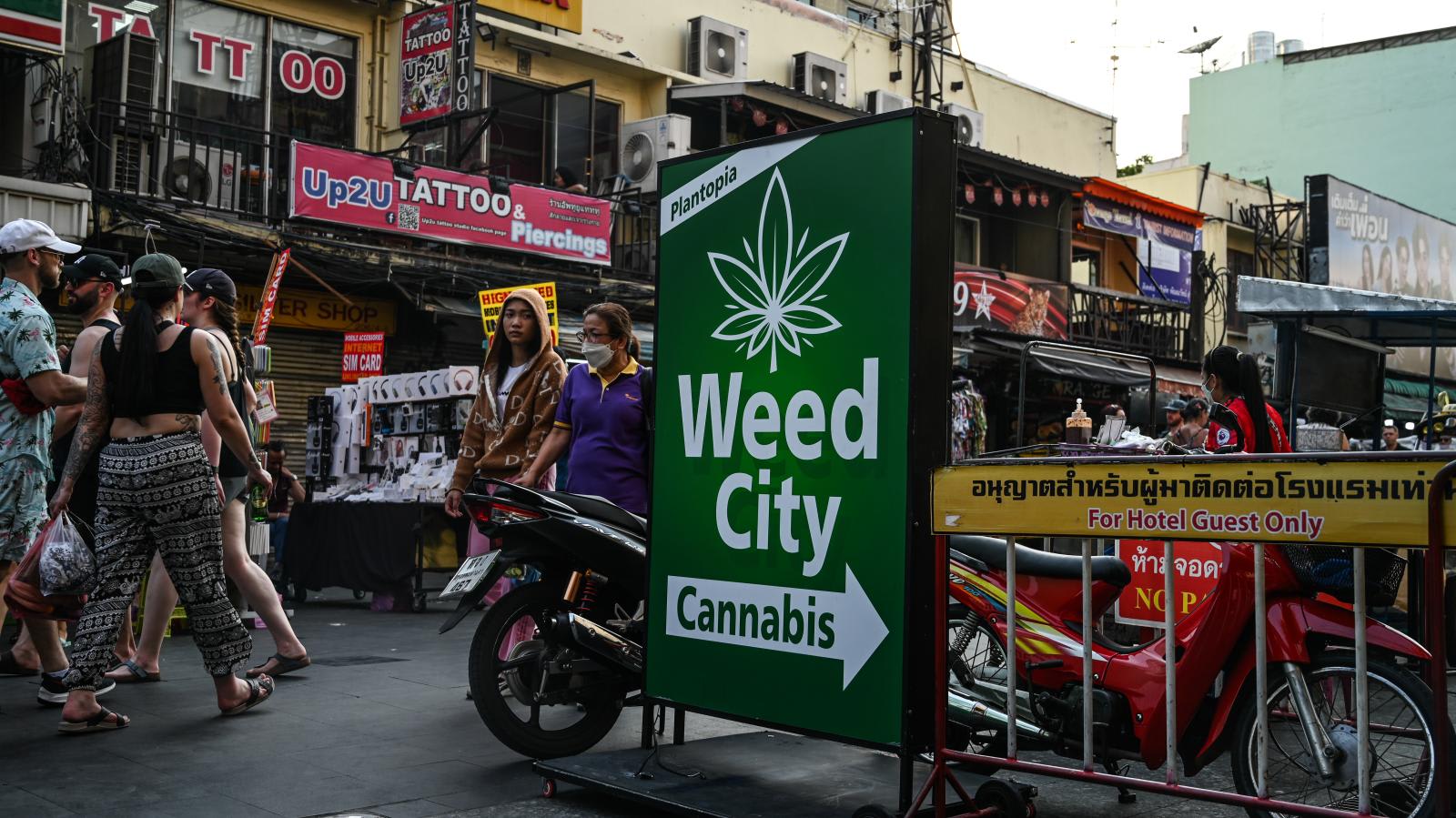
Associate Professor Paul Chambers, a scholar in Southeast Asian politics from Naresuan University says it may already be too late to enforce any strong law against cannabis, given the heft of the industry and the potential revenue to be made. It is projected to be worth up to US$1.2 billion by next year.
“The government is weighing the profits that have been made through the decriminalisation of cannabis versus the perceptions of Thailand's majority that cannabis is unethical,” he said.
“Pheu Thai will likely simply make cannabis a bit harder to access but still accessible enough to continue generating profits for those who can pay a bit more for licences to produce it, sell it, and (with a doctor's note) consume it. This is all about paying more money.”
Mr Rattapon says that cannabis has become a political weapon used by politicians to stir the sentiments of their own supporters. It means, he says, that the issue has become divisive and cannabis has become stigmatised, impacting small businesses like his.
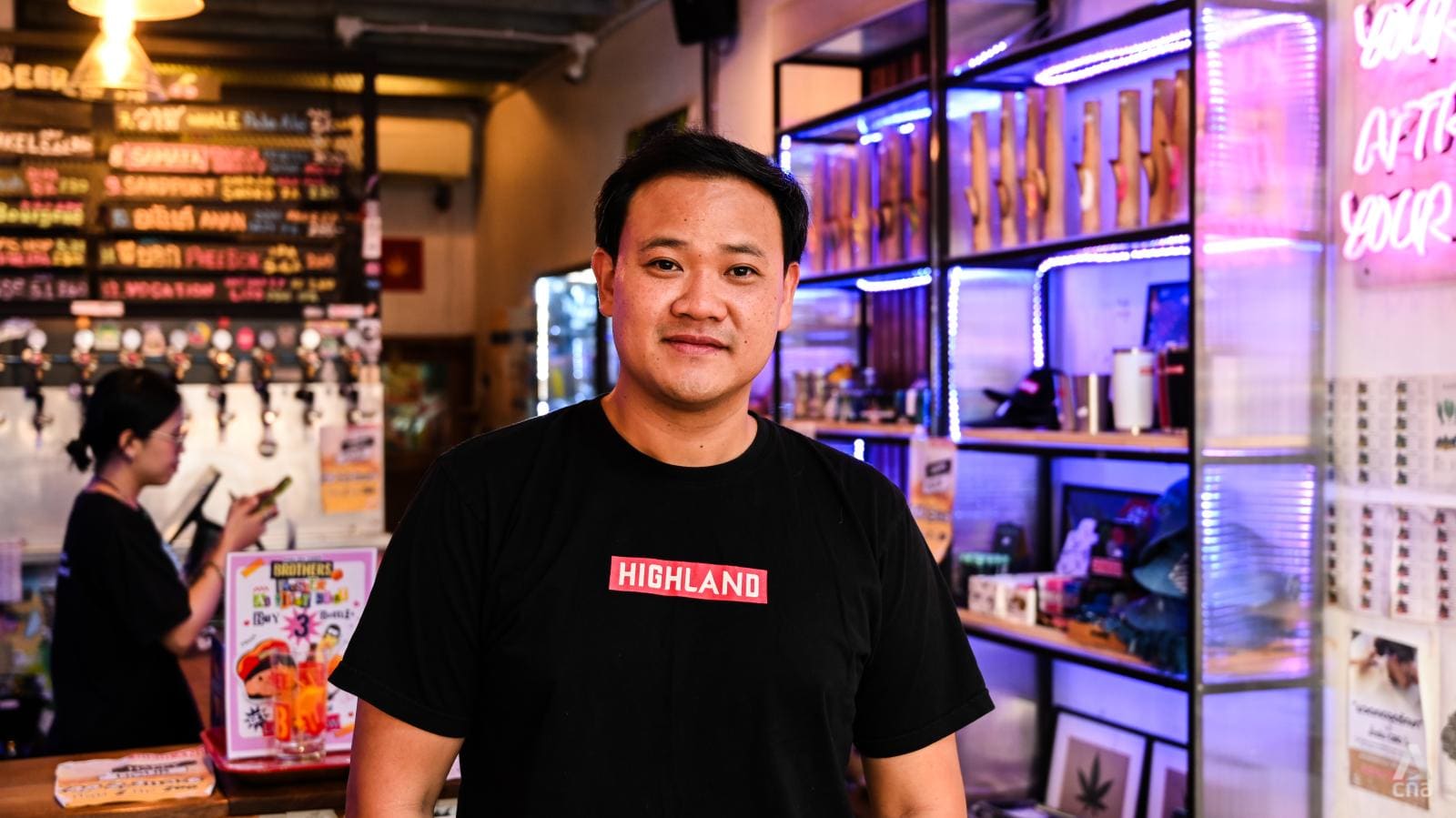
“Deep down, I hope they’re just saying it and they can’t deliver it. Over promises and under delivery, just like so many other policies", he said.
Still, he expects change to come. And for most involved in the industry, there is little resistance to that idea.
Mr Levit Ades said coming from California, where recreational use of cannabis is legal for those over 21 years old, it was “shocking to see how open” Thailand’s weed market had become. He is sure that the “gold rush” will not last for long, given the ugly headlines it has given to both Thailand and the cannabis industry.
“It was kind of wild to see it,” he said. “But it was one of those things that I knew couldn't go on forever.”
Additional reporting by Pirada Anuwech.














